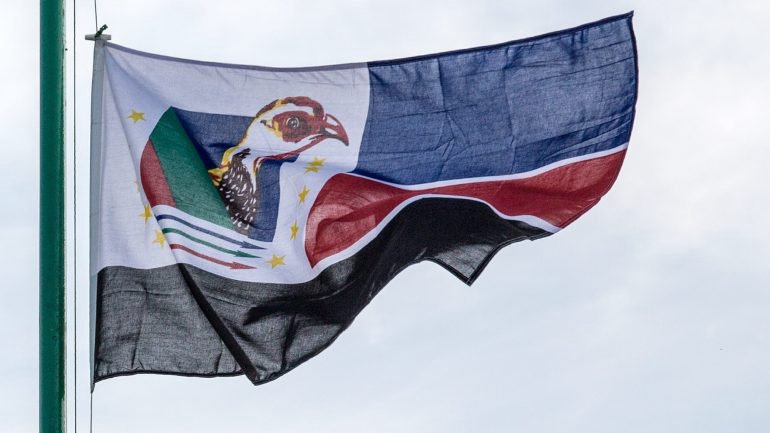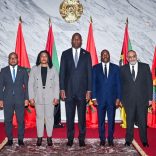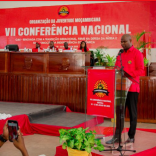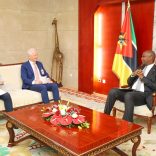Mozambique: SERNIC switched from Interior Ministry to PGR - AIM report
Renamo says post-election violence is due to lack of transparency in the process

In file CoM
On the sidelines of the summit on voting awareness and mechanisms for reducing political-electoral conflicts, Renamo and the MDM said that post-electoral violence was caused by lack of transparency in the process and speeches to calling for violence by the party in the power.
According to Renamo deputy José Manteigas, conflict arises because of electoral fraud, and the same thing has happened in all the elections that the country has held so far. “It happens that the regime of the day that won the elections in fact must govern and that is where the conflict begins,” he says, adding that the same happened when the party won the elections in 2006.
Manteigas goes even further in stating that the electoral process managers such as the Constitutional Council, the CNE, and STAE including the PRM, “clearly show that they are on the side of those who promote electoral fraud”. As an example, he points to the forced removal of opposition party delegates from polling stations while exercising their legitimate roles.
As to the proffered explanation, Manteiga said that “in this last elections, the Constitutional Council validated and proclaimed the electoral results violating the law itself, since it establishes that the final result must be the sum of the results of the electoral cycles, but in these last elections the Constitutional Council, which has the function of electoral court, validated and proclaimed results on the basis of numbers of votes sent via mobile phones”.
For the MDM deputy in the Municipal Assembly of Matola, Roldão da Conceição, electoral violence is caused by some political parties making speeches suggesting that some parts of Mozambique are their property.
“What causes the violence after the elections is the fact that there are parties that, in the process of mobilization, instead of promoting electoral harmony, promote political exclusion, as if there were zones belonging to this and that party,” Conceição said. Parties enter this process with the aim of insulting others and thus cannot avoid a conflict. They make the elections a cause for celebration, but should rather be reminded that for such “elections are not war, and must be conducted in a free way, with each person voting for their party and candidate”.
The Centre for Democracy and Development Studies (CEDE) says that one of the factors that leads to violence in the post-electoral period is the type of democracy practiced in the country.
According to CEDE researcher Milissão Nuvunga, our democracy means that after the elections the losing parties are excluded for the governance process since, in our state, “whoever wins gets everything, and this level of insecurity over the future survival of the party after the elections causes violence. We do not have a state that allows the loser to continue existing until the next elections”.
This exclusion makes it difficult for the loser to accept the electoral result, that is, “the electoral result becomes a determinant for survival for any of the players, both for what they win and for what they lose. What he has to guarantee is that during the governance process the other will not exist during the five years to complicate his life and the loser has to ensure that the other cannot eliminate him until the next elections”.
In Nuvunga’s opinion, one way of resolving conflicts after elections would be to create a mechanism to prevent the winner from taking everything. In his words, “the governor can rule alone, but he cannot prevent the existence of the other in the state, because democracy cannot exist without inclusive governance”.
The meeting, which was not attended by Frelimo, also reflected on levels of electoral process participation and strategies to increase the involvement of the electorate in political processes.












Leave a Reply
Be the First to Comment!
You must be logged in to post a comment.
You must be logged in to post a comment.